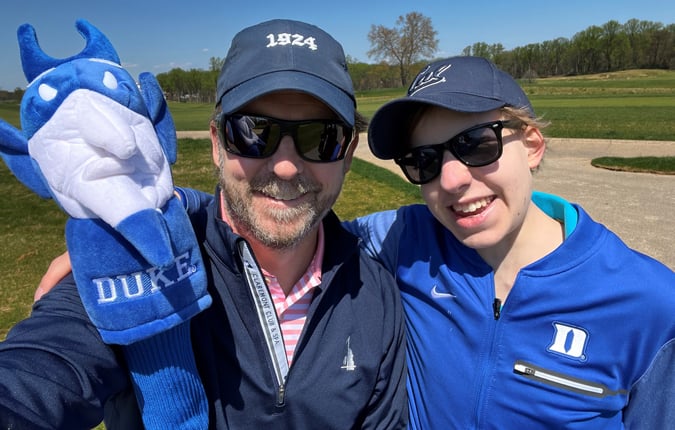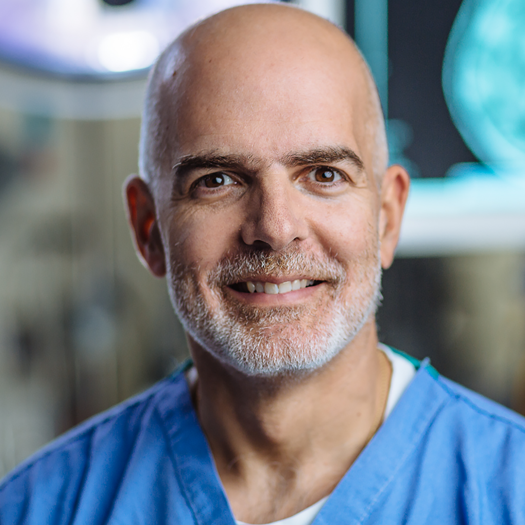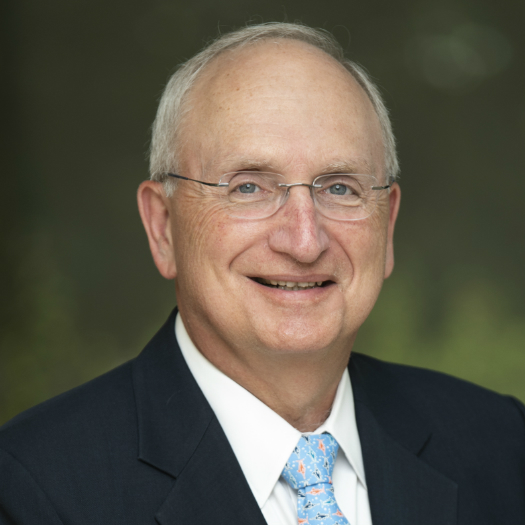
A Special Place and Lifesaving Care for Bennett

Bennett, a high school student, loves sports. He perfects drives and putts with his dad on the golf course near his home in Washington, D.C. “It takes a lot of time to learn how to bend your knees, aim your target and make sure you don’t get a bad shot,” he says, recalling a recent “monster drive.”
Bennett has experience practicing patience and appreciating gradual progress. As a toddler, he had a medulloblastoma, a cancerous brain tumor. A care team led by Roger Packer, MD, director of the Brain Tumor Institute at Children’s National Hospital oversaw Bennett’s treatment and recovery. John Myseros, MD, vice chief of Neurosurgery operated when Bennett was 2. Chemotherapy and about a year of hospitalization followed. Radiation therapy at 3 left Bennett unable to walk, talk or use his left hand. “He had to relearn everything,” says his mom, Jen.
Bennett has fond memories of the hospital and is proud of the scar on the back of his head. He has friends all over the main campus that include his favorite doctors, nurses, phlebotomy technicians and cafeteria staff who often saved him extra stacks of pancakes as hospitalized.
Follow-up care has included MRIs every three months, then every six months and eventually yearly. Bennett also had and ongoing evaluations with our cardiology, neuro-oncology and neuropsychology teams. His recovery has included physical, speech and occupational therapies. “We’ve spent time in most of the departments of the hospital,” Jen says.
Bennett has also received care for late side effects from radiation therapy. Our endocrinology team helped him overcome difficulties regulating hormones resulting from damage to his pituitary gland. Recently, he visited our Hearing and Speech Center for hearing loss that may have resulted from trauma to his brain.
“They take good care of me at Children’s National,” he says. “When I was little, they took out the broken part of my brain and stitched me up. Even now, when I walk in there and see those balloons in the atrium, I know it is a special place. I feel safe there.”
Bennett has experience practicing patience and appreciating gradual progress. As a toddler, he had a medulloblastoma, a cancerous brain tumor. A care team led by Roger Packer, MD, director of the Brain Tumor Institute at Children’s National Hospital oversaw Bennett’s treatment and recovery. John Myseros, MD, vice chief of Neurosurgery operated when Bennett was 2. Chemotherapy and about a year of hospitalization followed. Radiation therapy at 3 left Bennett unable to walk, talk or use his left hand. “He had to relearn everything,” says his mom, Jen.
Bennett has fond memories of the hospital and is proud of the scar on the back of his head. He has friends all over the main campus that include his favorite doctors, nurses, phlebotomy technicians and cafeteria staff who often saved him extra stacks of pancakes as hospitalized.
Follow-up care has included MRIs every three months, then every six months and eventually yearly. Bennett also had and ongoing evaluations with our cardiology, neuro-oncology and neuropsychology teams. His recovery has included physical, speech and occupational therapies. “We’ve spent time in most of the departments of the hospital,” Jen says.
Bennett has also received care for late side effects from radiation therapy. Our endocrinology team helped him overcome difficulties regulating hormones resulting from damage to his pituitary gland. Recently, he visited our Hearing and Speech Center for hearing loss that may have resulted from trauma to his brain.
“They take good care of me at Children’s National,” he says. “When I was little, they took out the broken part of my brain and stitched me up. Even now, when I walk in there and see those balloons in the atrium, I know it is a special place. I feel safe there.”
Departments that Treated
Care Team
This is a carousel. Use Next and Previous buttons to navigate, or jump to a slide with the slide dots.


Be the Reason a Child Smiles
Every day at Children’s National Hospital, lives are changed through compassionate care and groundbreaking discoveries. Your charitable donation helps us deliver expert treatment and hope to thousands of children and families.
Meet the patients whose stories inspire us—and see the difference your support makes.





